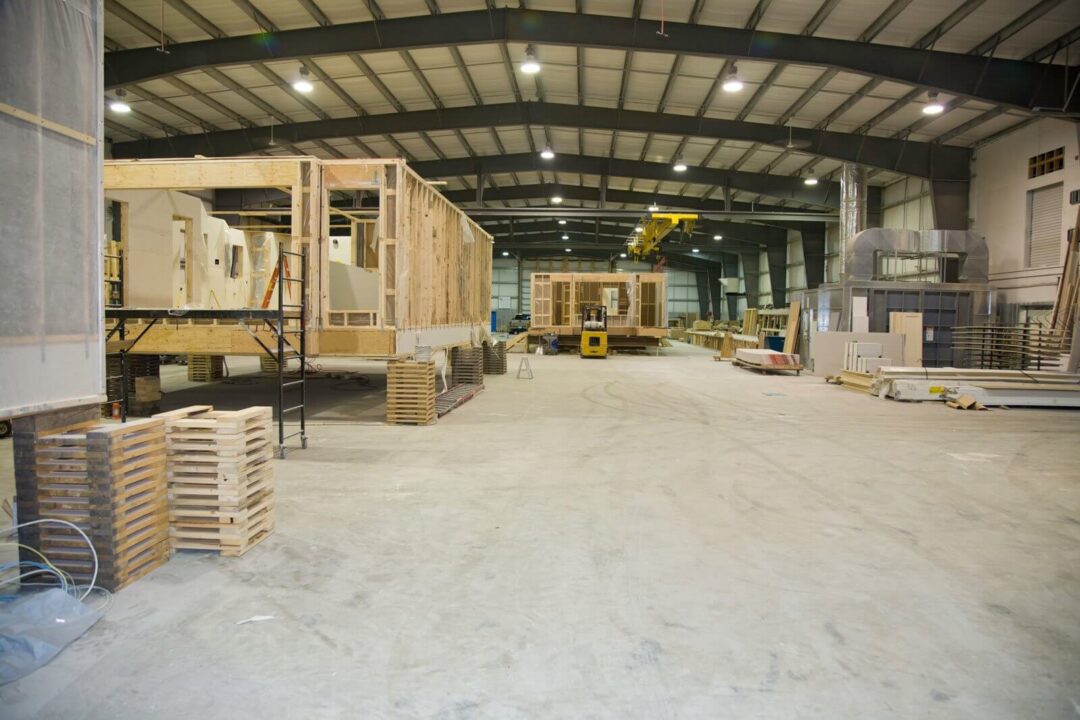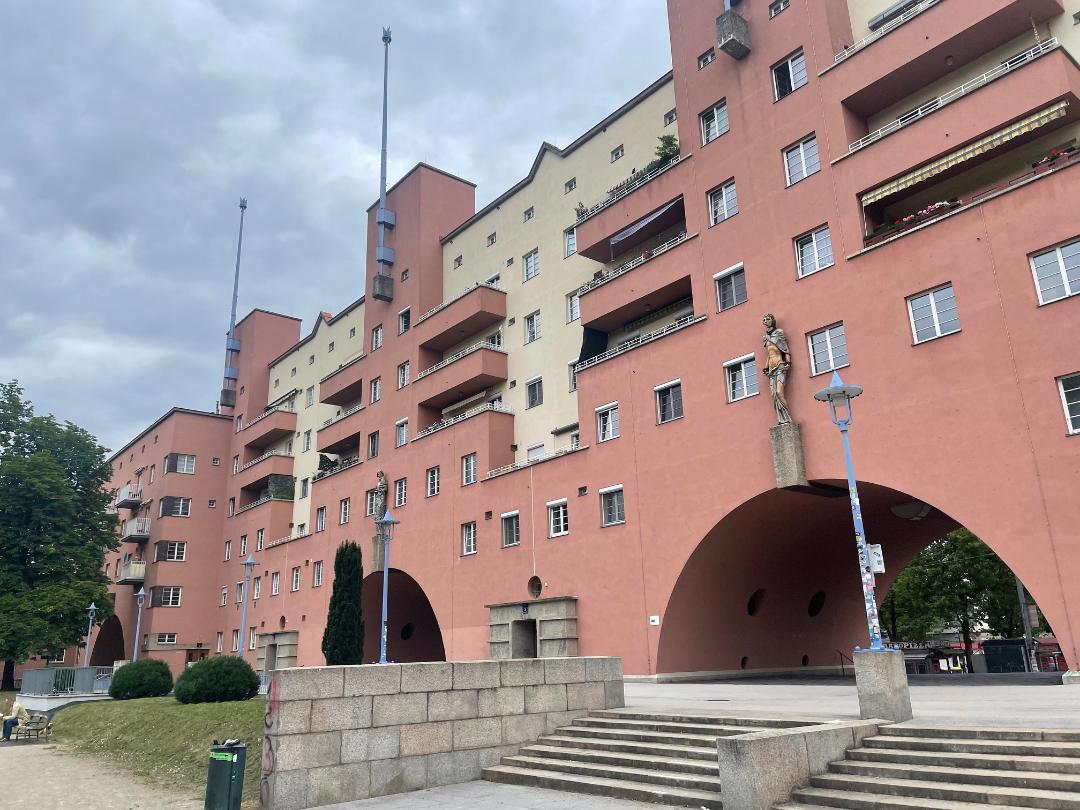Modular: The future of affordable housing?
Much has been said about the re-emergence of modular, or ‘prefab’housing in the past few years. The negative connotations of the prefabricated homes that emerged after the end of the Second World War have since been replaced with an image of environmentally sustainable housing at half the time of usual construction. But how can this become a reality in the areas of the UK where housing demand is at its highest?
The simple answer is that local authorities must follow the example set by the private sector and a small number of ambitious councils throughout the UK and pursue a new method of construction that may make a dent in the ever-growing pressure placed on the housing market. Modular provider Ilke Homes have estimated that they are able to produce a maximum of 5,000 homes a year, each with a fitted kitchen and bathroom. This amounts to a significant increase in affordable homes for those providers who are looking to purchase homes in bulk. It also provides a more sustainable method of construction as a report by Systemiq and the Ellen MacArthur Foundation highlighted several potential environmental benefits of off-site construction. Not only would it reduce the building’s immediate construction impact on the environment via the reduction of noise pollution caused by on-site construction, but it also reduces the carbon emissions of many builds as it alleviates the need for heavy goods vehicles to come to and from the site delivering building materials.
Some councils have already taken the leap towards modular housing, a prime case of this coming from the London Borough of Lewisham whose planning committee recently approved the construction of 78 modular council homes in Sydenham. Lewisham Borough has one of the capital’s worst housing shortages, with 10,000 people on the social housing waiting list and more than 2,000 families in temporary accommodation. There is a need for quick and relatively affordable housing to be built in order for the council to meet their expected 18,165 new dwelling housing need. Modular housing could provide a solution to this.
Alongside Lewisham, councils in the North of England have also embraced the move towards modular. Recently, the cabinet member for housing and communities at Coventry City Council, Ed Ruane, claimed that modular housing is the only way that Coventry will meet their housing need. Currently they are predicted to spend £4.1m on temporary accommodation this year alone, a nearly 620 percent increase from 2013/14. The council say that, in partnership with Whitefriars Housing, the largest provider of social housing in Coventry, they are going to make use of small unused brownfield sites like disused garages as their first step into the use of modular housing.
The next step is for house builders and councils in the South of England to follow suit and heed the advice of Berkeley Group who are now starting to put plans in place to build modular homes in the South East from its factory in North Kent. Berkeley has repeatedly stated that they are concerned about the “lack of urgency” in the South and have echoed the concerns of the government-commissioned Farmer Review of the construction industry (2017) that claimed the industry has to “modernise-or-die”.
There is, at the moment, still the issue of actual versus predicted cost with the installation of a modular home. Currently, Ilke Homes predict that they can sell a three-bedroom modular unit for £65,000, but this does not include the price of the land, the installation costs and the cost of connecting the water and electricity. This brings the total figure closer to £200,000 per unit and this figure will change depending on location and price of land. The benefits seemingly far outweigh the negatives. Perhaps it is time to listen to the experts who hail modular as a revolution in British housing.








